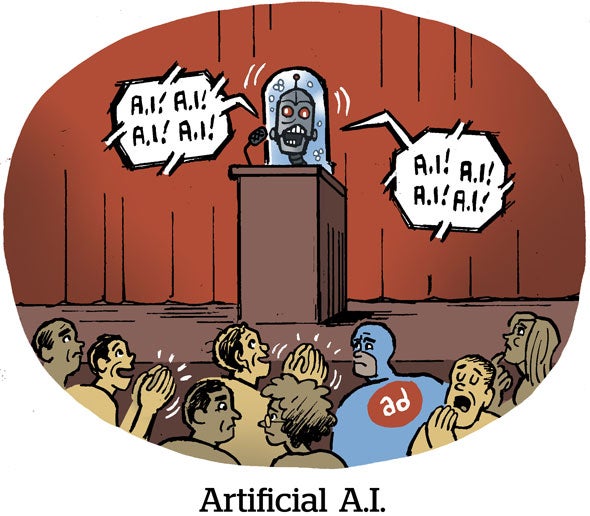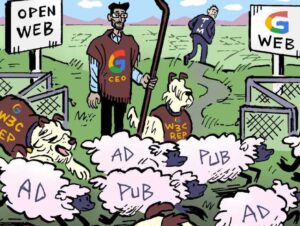Just Browsing
This newsletter gave Perplexity a well-deserved ribbing last week when The Wall Street Journal reported that the AI-powered search engine had made a $34 billion unsolicited offer to acquire Chrome.
But this isn’t Perplexity’s first time doing this kind of thing, The Information reports.
This summer, Perplexity proposed a $1 billion offer for indie browser Brave, which also has a proprietary search engine. Perplexity execs also held conversations with leaders from DuckDuckGo and The Browser Company, which apparently never led to anything serious.
Browser startups like Brave and DuckDuckGo often get lumped together, but there are differentiators. Brave takes a Web3 approach, for example, and has its own search engine, whereas DuckDuckGo defaults to Bing and standard browser protocols.
These browsers hold minuscule global market share, but their toehold in proprietary search and web traffic data is incredibly valuable. Nobody knows this better than Perplexity and other big data-scrapers, like OpenAI – which itself made an overture to acquire The Browser Company, as per The Information.
Selling Out
Product placement deals increasingly cut out the middleman, Variety reports.
Where once a TV or film producer would have worked with an ad sales team, deals are now more likely to be negotiated directly between a studio and the brand itself, especially as content budgets shrink.
“Producers are trying to figure out more ways to pad their budgets,” Jillian Raskin, VP of talent agency UTA, tells Variety. “They’re taking more of an active interest in the space.”
That said, striking the right balance is tough.
Although Raskin makes the argument that generic or fake products can take a person out of the narrative, so can a product placement that distracts from the scene. As a timely, spoiler-free example, the use of Campbell’s Soup cans in “Weapons” felt perfectly natural – but the extreme close-up on a Coca-Cola can in the first act did not.
Regardless, direct deals of this nature don’t leave much room for programmatic product insertion ads, an emerging format that the IAB thinks could have potential in the future.
Megalomedia
The Republican-controlled Federal Communications Commission might kill the cap on broadcasters owning TV stations that reach more than 39% of the country.
Marketing Brew reports that the FCC is reviewing the cap, which was put in place by Congress in 2003, and appears in favor of nixing the regulation.
Removing ownership limits is the only way traditional TV operators can compete for ad revenue with Big Tech’s streaming apps, says Rick Kaplan, chief legal officer for the National Association of Broadcasters.
After all, the regulation only applies to linear TV broadcasters, not streaming platforms. Which makes it outdated in an increasingly streaming-first economy, according to Steven Schiffman, a Georgetown University media studies professor.
Critics of the cap argue broadcasters are limited in the scale they can offer advertisers and that their share of viewership has been declining anyway due to cord-cutting. Meanwhile, unregulated streamers can have their apps on connected TVs in every household in the country.
But supporters of the cap say removing it would give billionaires like Skydance-Paramount’s Ellison family even more control over the media, thereby accelerating an existing trend that’s made American media less open to competing voices.
But Wait! There’s More!
How publishers are using OpenSincera to access the buy side’s media quality metrics. [AdMonsters]
New data from publisher trade association Digital Context Next links Google’s AI Overviews to a 25% dip in search referral traffic. [Digiday]
Trump’s White House is scoring companies and trade groups on how much they support the president’s legislative agenda, including with paid ads. [Axios]
Dentsu plans to lay off 8% of its staff. [Adweek]
Why the internet feels so dead right now. [What We Lost]
Roblox faces seven lawsuits across multiple states accusing the platform of failing to protect its young audience from sexual predators. [Bloomberg]















